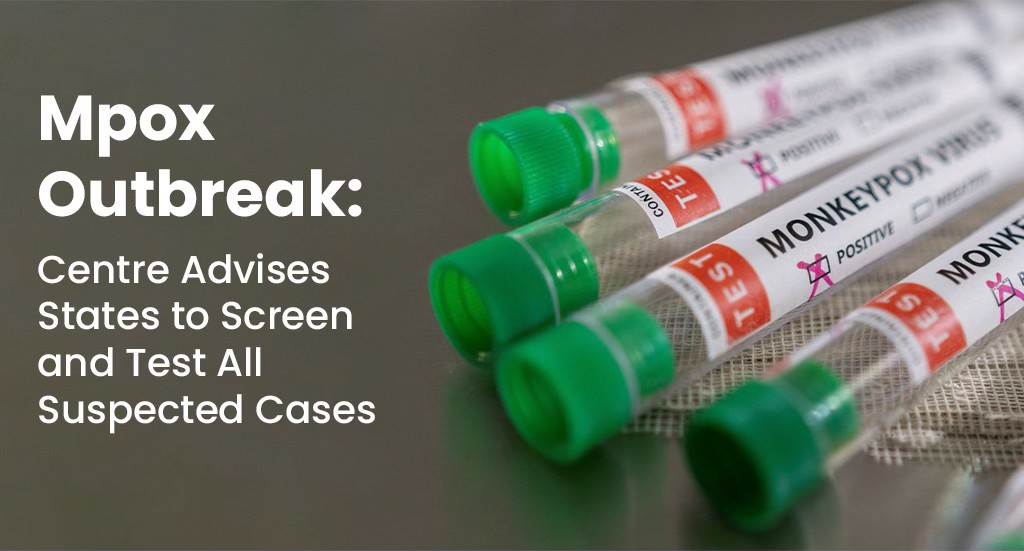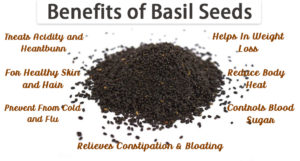Union Health Secretary Apurva Chandra issued an advisory to states and Union territories on Monday, detailing precautionary measures, symptoms, and causes of Mpox (monkey pox). The advisory urges states and Union Territories to implement the updated CD-Alert from the National Centre for Disease Control (NCDC), which provides a comprehensive surveillance plan, including case definitions, contact tracing, a list of testing laboratories, clinical management protocols, infection control measures, and strategies for effective risk communication.
The government has recommended screening, testing, and isolation of suspected and confirmed Mpox cases, along with contact tracing to minimise transmission risks and prevent deaths. States and Union Territories are urged to prepare hospitals for isolation facilities and allocate necessary resources. The advisory includes surveillance strategies from the National Centre for Disease Control (NCDC) covering testing, clinical management, and infection prevention. The government also emphasised avoiding undue panic among the public.
Union Health Secretary Apurva Chandra issues advisory to States/UTs in view of WHO's declaration of Public Health Emergency of International Concern (PHEIC) related to Mpox pic.twitter.com/tQIXg2V2Ix
— ANI (@ANI) September 9, 2024
India issued an advisory following its first suspected Mpox (monkeypox) case involving a man who had recently returned from an affected country. The patient has been isolated, is stable, and is awaiting test results. The government has outlined key measures to manage Mpox, including:
– Disseminating management guidelines to ensure consistent case handling.
– Strengthening public health preparedness at state and district levels.
– Preparing hospitals with isolation facilities for suspected and confirmed cases.
– Enhancing screening, testing, contact tracing, and risk communication.
– Raising community awareness while preventing panic.
– Ongoing monitoring and support for states and UTs to manage the outbreak.
The Ministry assured that India is well-prepared to handle such cases.
In August, the World Health Organisation (WHO) classified Mpox (formerly called monkeypox) as a public health emergency of international concern, citing its growing spread to numerous countries and the emergence of the more transmissible clade 1b strain.
Between 2022 and March 2024, India recorded 30 cases of the older clade 2 Mpox strain. According to WHO, most Mpox cases globally are seen in males aged 18 to 44, with sexual contact being the primary mode of transmission, followed by non-sexual person-to-person contact. The most common symptom is a rash, either systemic or genital, often accompanied by fever.
Healthcare workers, particularly those working with patients with sexually transmitted diseases, skin problems, and in National Aids Control (NACO) clinics, have been advised to follow health protocols as the Union Health Ministry monitors the Mpox (monkeypox) situation. Robust measures, including contact tracing and established protocols, are in place to manage potential risks. Health units at airports, seaports, and land crossings have been on alert since last month, and laboratories and isolation facilities are prepared.
In summary, Mpox predominantly affects males aged 18 to 44, with sexual contact being the most common route of transmission. While India has documented cases of the older clade 2 strain, the emergence of new strains has heightened global concern. The primary symptom is a rash, typically accompanied by fever. Efforts to manage and prevent the spread of Mpox continue, emphasising the importance of awareness and appropriate health measures. So, it’s time to be vigilant for the same with quick efforts on both individual and the government’s end.








